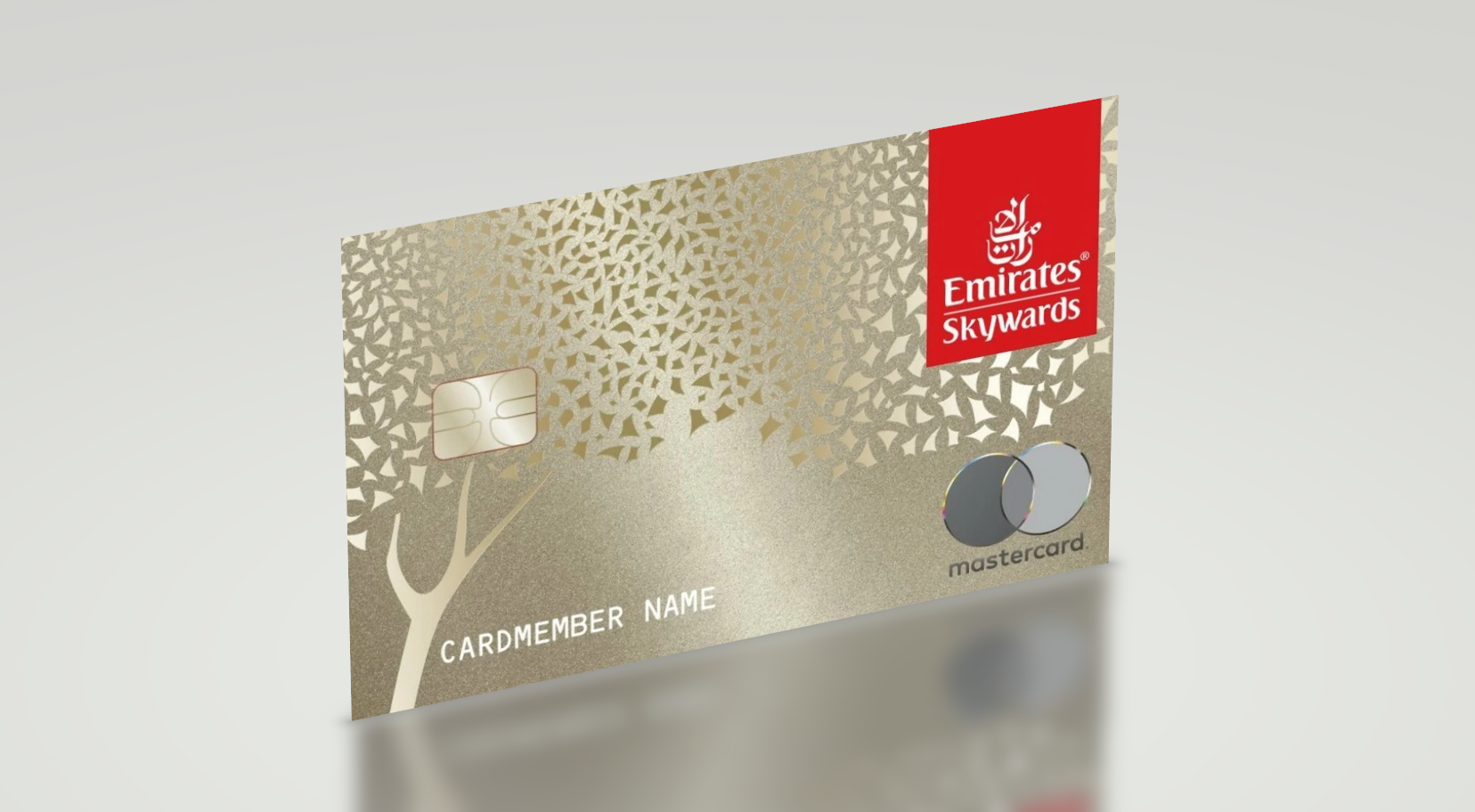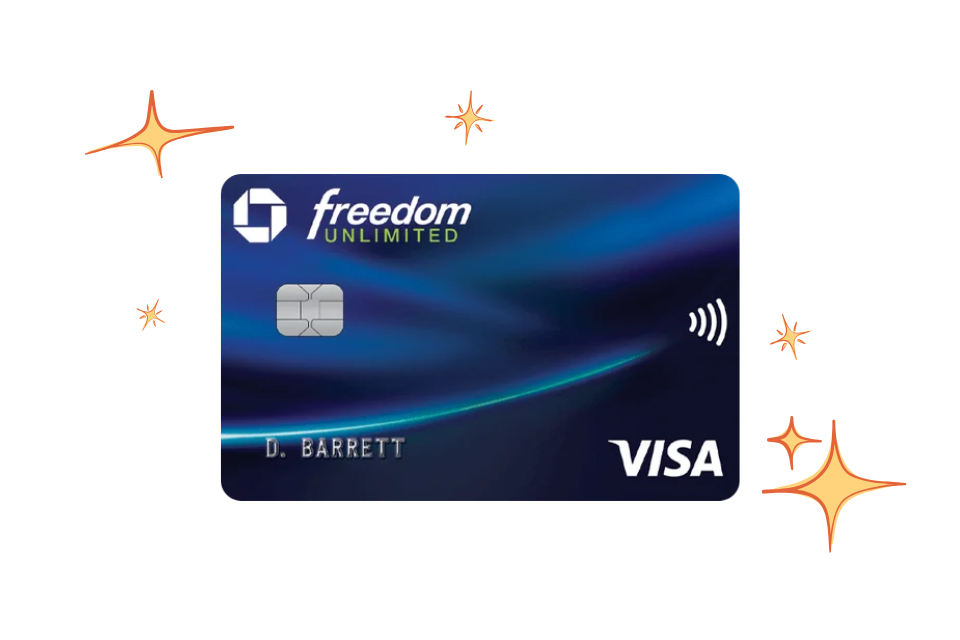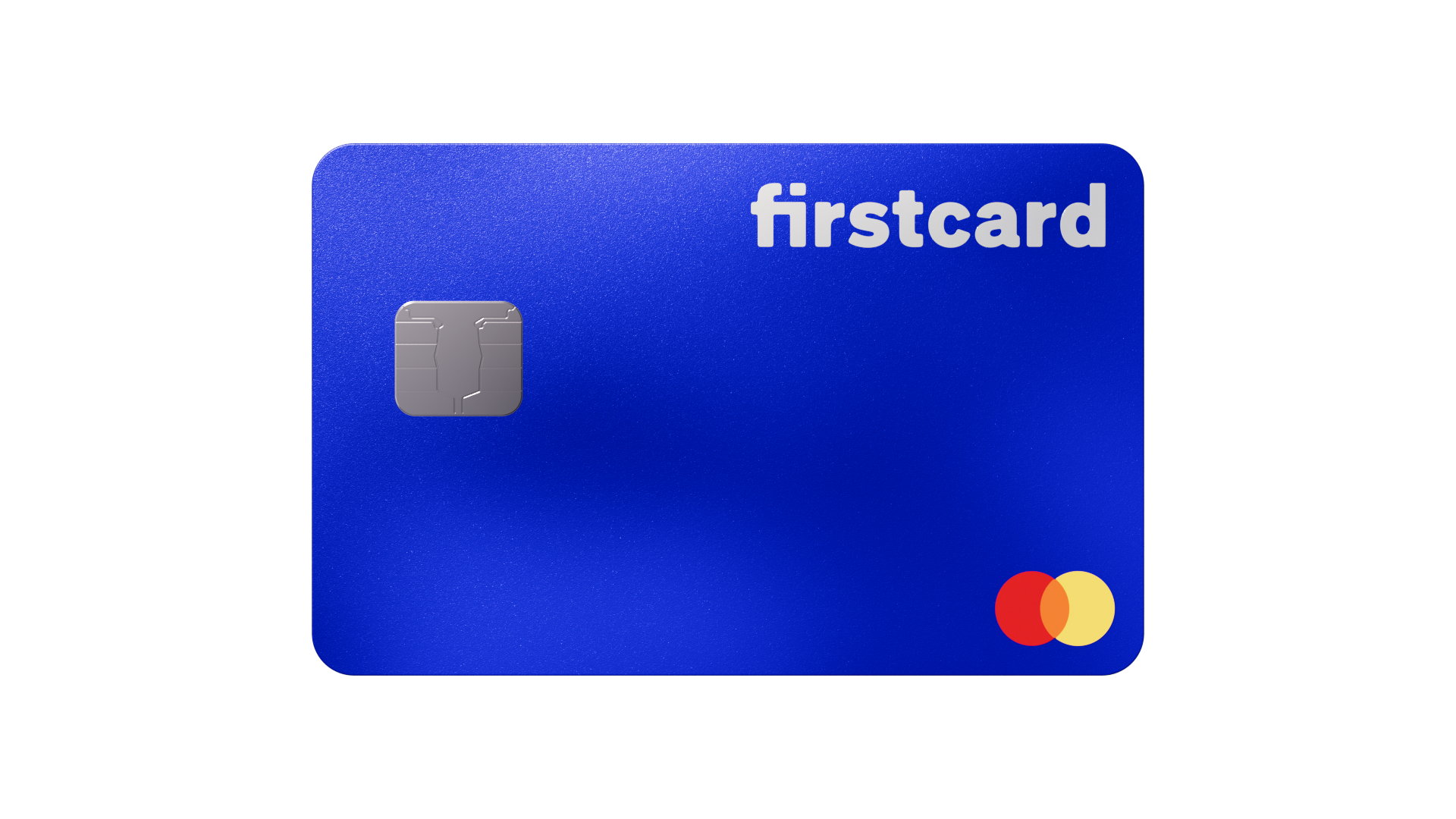How credit cards can help build a financial history

The Importance of Credit Cards in Building a Financial Future
Many individuals overlook the significant role credit cards play in shaping their financial journey. When approached with responsibility and caution, credit cards can be powerful tools for establishing a robust credit history. This solid foundation is vital for making substantial financial decisions such as obtaining loans, purchasing a car, or even buying a home.
Establishing Credit Score: One of the primary benefits of credit cards is their role in establishing a credit score, which lenders use to evaluate your creditworthiness. For instance, individuals with a good credit score—typically ranging from 700 to 850—are often offered better interest rates and terms on loans. By simply opening a credit card and maintaining it with responsible usage, such as making timely payments and keeping balances low, you are laying the groundwork for a favorable credit score.
Diverse Credit Mix: Incorporating a credit card into your financial profile introduces diversity that can enhance your credit score. Lenders prefer to see a mix of credit types, including revolving credit (like credit cards) and installment loans (such as car or student loans). For example, someone with a mortgage, an auto loan, and a credit card is viewed more favorably than someone with just one type of credit. This mix demonstrates to lenders that you can manage various financial obligations.
Payment History: Your payment history accounts for approximately 35% of your credit score calculation. By consistently paying off your credit card balance, you exhibit reliability and financial responsibility. For example, if you have a credit card with a $1,000 limit and consistently pay off $500 each month, you illustrate to lenders that you can manage your debts well, leading to an improvement in your credit score over time.
Credit Utilization Ratio: Maintaining a low credit utilization ratio—typically below 30% of your total available credit—is crucial for a healthy credit score. If you have a credit limit of $5,000 on your card, aim to use no more than $1,500 at any given time. This responsible management enhances your credit score and reflects positively on your financial habits.
Beyond building your credit history, using credit cards also offers practical advantages that can aid in day-to-day financial management. For instance, using a credit card for everyday purchases enables you to track your spending habits, making it easier to stick to a budget. Furthermore, many credit cards come with benefits such as rewards points, cash back on purchases, or travel perks, which can add additional value to your financial strategy.
Ultimately, understanding how to leverage credit cards effectively is a crucial step toward financial empowerment. By adopting wise spending practices, responsibly managing your balances, and ensuring timely payments, you create a strong financial history. This proactive approach opens up various opportunities for your future, helping you navigate the complex landscape of personal finance with confidence.
Leveraging Credit Cards for Financial Growth
Understanding how to effectively use credit cards is essential for building a strong financial history. When utilized appropriately, credit cards not only help establish your credit score but also enhance your overall financial management skills. Here are several key ways credit cards contribute to building a solid financial foundation:
1. Building Credit Over Time
By opening a credit card account, you start a relationship with credit reporting agencies. This relationship is crucial in building your credit profile. Each time you make a purchase and pay off your balance, you are actively demonstrating your ability to handle credit responsibly. For instance, if you open a card and make regular purchases—such as gas or groceries—while always paying off the balance in full, you progressively strengthen your creditworthiness.
2. Impact of Credit Inquiries
When you apply for a credit card, lenders perform a credit inquiry to evaluate your credit history. While multiple inquiries in a short time frame can temporarily lower your credit score, having a credit card and responsibly managing it fosters a positive long-term effect. It’s essential to space out any applications to mitigate the impact of inquiries on your credit report.
3. Credit Card Benefits and Rewards
Using credit cards for everyday expenses offers more than just a path to credit building; you can also enjoy various perks. Many credit cards provide rewards, cashback, or travel points which can translate into real financial benefits. However, to fully capitalize on these advantages, it is crucial to:
- Pay off the balance in full each month: This prevents interest charges from negating the benefits.
- Understand the reward structure: Identify what categories earn the most points or cashback, allowing you to plan your spending strategically.
- Review fees and rates: Be aware of any potential annual fees or high-interest rates that may come with certain cards.
4. Creating a Preparedness Strategy
Having a credit card can also serve as a safety net in emergencies. For example, if you face an unexpected expense, such as a car repair or medical bill, having a credit card allows you to manage those costs immediately while planning to repay them over time. It’s wise, though, to have a personal budget that allows you to pay off these charges promptly, ensuring that you do not accumulate debt.
Incorporating credit cards into your financial strategy can lead to numerous advantages, including building a solid credit history and developing effective financial habits. By treating your credit card as a tool rather than a crutch, you can navigate your financial landscape with greater confidence and security.
Boosting Your Credit Profile through Responsible Usage
In addition to building credit, using credit cards wisely also enhances your overall financial profile and offers additional advantages. Here, we delve deeper into the positive impacts of credit cards and how they contribute to financial stability.
5. Managing Debt Wisely
Credit cards can help you develop skills for managing debt effectively. When you use a credit card, you are essentially borrowing money to be repaid later. This experience teaches you about interest rates, minimum payments, and the importance of timely repayments. For instance, if you were to carry a balance, you may find that high-interest charges impact your overall financial situation. Learning how to avoid this by paying off the balance on time will allow you to cultivate a disciplined approach to debt management.
6. Establishing a Payment History
One of the most significant factors in your credit score is your payment history. Each monthly payment you make on your credit card contributes positively to this aspect of your credit profile. A consistent history of on-time payments demonstrates to lenders that you are a responsible borrower. For example, individuals who set reminders for payment due dates or use automated payment options can minimize the risk of late payments, significantly enhancing their credit scores over time.
7. Diversifying Your Credit Mix
Credit scoring models favor a diverse mix of credit accounts, which includes credit cards, installment loans, and mortgages. Having a credit card adds to this mix, showing that you can manage different types of credit responsibly. This diversification can boost your credit score and improve your chances of being approved for larger loans in the future. For example, if you apply for an auto loan or a mortgage, lenders will often view a well-managed credit card account favorably when assessing your creditworthiness.
8. Access to Emergency Funds
Credit cards come with a built-in safety feature—they provide access to emergency funds when cash is low. If an unexpected expense arises, such as a sudden medical bill or a home repair, your credit card can help bridge the financial gap. This means you can handle urgent costs without severely affecting your budget. However, it is vital to have a repayment strategy in place to settle any charges promptly, preventing interest from piling up.
9. Monitoring and Understanding Your Financial Health
Most credit card companies provide free access to your credit score and analysis tools. This feature allows you to monitor changes in your credit score over time, reflecting your financial behavior. By reviewing this information, you can identify areas for improvement and track your progress toward your financial goals. For example, if you see your score rise after consistent payments, it reinforces positive habits and encourages continued responsible behavior.
Ultimately, credit cards, when used wisely, can serve as powerful tools in your journey toward building a solid financial history. By focusing on responsible usage, timely payments, and strategic management, you can establish a strong credit profile, paving the way for greater financial opportunities in the future.
Conclusion
In conclusion, credit cards serve as essential tools for establishing and enhancing your financial history. By using them judiciously, you can not only build a positive credit profile but also gain valuable insights into managing your finances. Through responsible usage, regular payment history, and learning to navigate various types of credit, you prepare yourself for future financial opportunities.
Consider the importance of maintaining a good credit score—it opens doors to better loan terms, lower interest rates, and even smoother approval processes for significant purchases such as a home or a car. Additionally, being able to monitor your credit health closely through your card provider allows for informed decision-making as you progress on your financial journey.
Moreover, understanding the nuances of credit cards, including their role as a backup for emergencies and the need for timely payments, enriches your financial knowledge and gives you confidence in managing debt. It is vital, however, to remain disciplined and strategic to avoid falling into debt traps. Ultimately, the benefits of credit cards extend far beyond mere convenience; they lay the groundwork for a stable financial future, full of potential and opportunities.
As you navigate through your financial landscape, remember that each positive step you take with your credit card not only helps build your credit history but also fortifies your path towards financial security and prosperity.


